In an agriculture that prioritizes the marketing of new fruit and vegetable varieties, as well as globalization and integration, some producers are bringing back old varieties, such as the Camuesa apple or the Ruiz pear, while developing organizational models that protect each link in the chain. “Our model is not original; our ancestors did it in different places. It is a stable relationship; a model for the common good with organic products and fair prices which dignifies the work of the producer,” says Rafa Arroyo, secretary of Subbética Ecológica. "This is not about rejecting modernity, but about creating a participatory agricultural model."
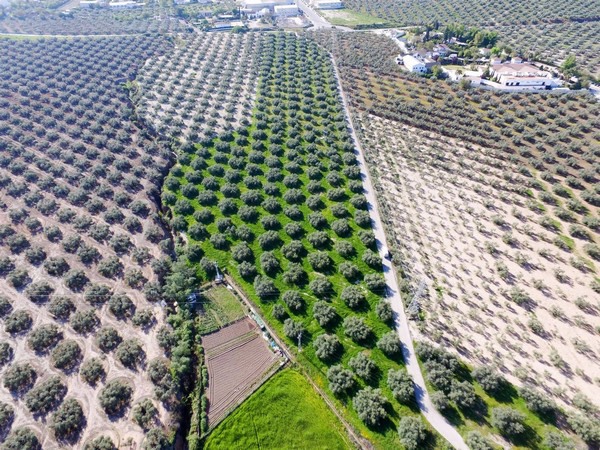
This Cordoba-based company is located near the UNESCO geopark, in the Subbética limestone mountain range where water enters the aquifers creating springs. “While many areas of Spain are suffering water shortages, here the springs never dry out. There were already settlements around the orchards in pre-Roman times, in the same places where our villages are today. And they have survived every crisis so far.”
Crisis of the agricultural model
“Small-scale family farming, focused on self-consumption and the sale of surpluses locally, is a model that has been in a crisis since the 1950's. Agrochemicals, monoculture, and the concentration of the supply by wholesale markets and intermediaries have caused small producers to lose ground, as their activity has become unprofitable. That has led to the abandonment of orchards after a long tradition,” says Rafa Arroyo.
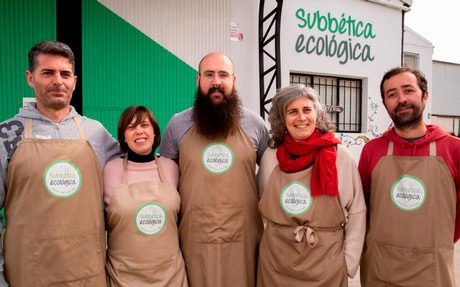
“But even today there are producers and consumers who demand a different approach based on sustainable organic farming and local marketing. Subbética Ecológica makes this possible through social fabric creation, landscape involvement and the promotion of diversity. When we started in 2009 there were no organic gardens in this area. We started from a situation of near-abandonment, but currently, there are still orchards in Cabra's urban center. We have preserved the landscape and have also been trying to keep the population here,” says Rafa Arroyo. "We all need to eat and we know that food has an impact on health and the environment, but agriculture also transforms the geographical and human landscape," he says.
“At an environmental level, the current model is unsustainable. The consumption of resources is very high (plastic, supplies, transport, etc.). This model is going to have to change, with the production diversifying and moving closer to the consumer," says Rafa.
“The Camuesa apple; preserving varieties is essential”
“In the 1950's, the Camuesos in agricultural areas were uprooted. They were in the way and were no longer appreciated. The paradox is that apple trees were uprooted, but apples were still imported from Italy, Chile, etc. These standardization processes also led to a globalization of flavor,” says Rafa Arroyo.
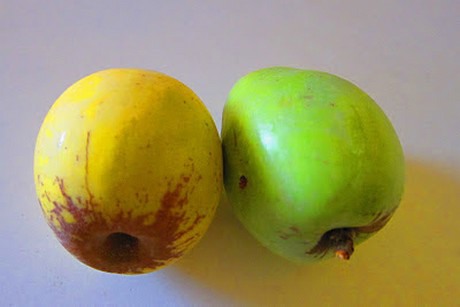 Camuesa apple
Camuesa apple
“The consumer may believe that the new varieties are better, but old varieties, such as the Camuesa, are harvested in October and can last until March without refrigeration; something unheard of with new apple varieties. It turns black quickly when eating it, which is a sign of their high antioxidant content, but consumers are no longer used to aesthetic irregularities in the fruit,” says Rafa.
Other interesting varieties that are being brought back are the Ruiz pear, the white pear, or local varieties of lettuce, carrots, old cereals, etc.
We buy comfort, but we lose capacity
“When a variety disappears, we are losing cultural heritage, flavors, textures and much more. The same goes for seedless fruits; without seeds, there is no future. You need a living soil and native seeds suited to the climate and soil of each area. Comfort is increasingly preferred, but agriculture is losing its ability to live. Not to mention that with hybrid varieties, we attach ourselves to a company and become subject to it,” says Rafa.
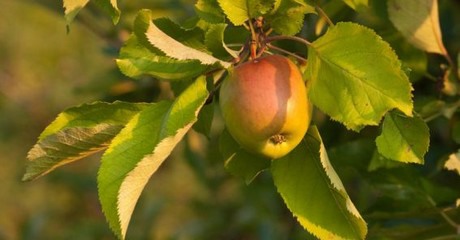
“Diversity is essential and that is why we are offering baskets for consumption supplied by a 'head producer', which serve as a link between the producer and the consumer. These baskets entail a commitment to diversity, with a minimum of 5 varieties at a fixed and seasonal price. The opinion of our producers is essential for us; they set the price and this is respected throughout the year. The foods we sell to school canteens, shops and restaurants also have the same price all year round.”
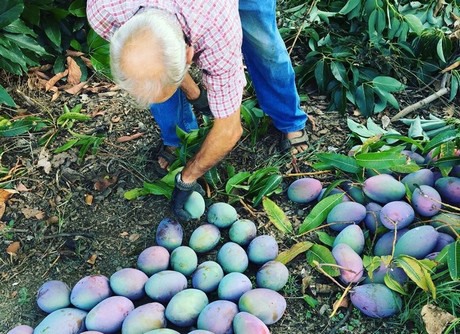
Subbética Ecológica has more than 500 people and entities as associates and 7 people on the payroll. With its headquarters and a logistics center in Cabra, Córdoba, it mostly targets central Andalusia (Córdoba, Seville, Jaén and Málaga). It also helps spread knowledge through work groups, conferences, courses and student visits, etc. It is even creating synergies by collaborating with France.
“We complement the French local production with that of Subbética, filling production gaps with oranges, olive oil, avocados or mangoes. It is a relationship without intermediaries; fair and direct trade. We also work with the UK and Belgium,” says Rafa Arroyo.
For more information:
Rafa Arroyo, secretary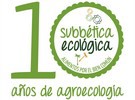
Subbética Ecológica
Calle Puente Mojardín nº 19
14940 Cabra, Córdoba. Spain
T +34693593002
info@subbeticaecologica.com
www.subbeticaecologica.com
